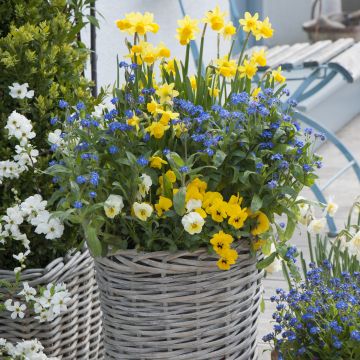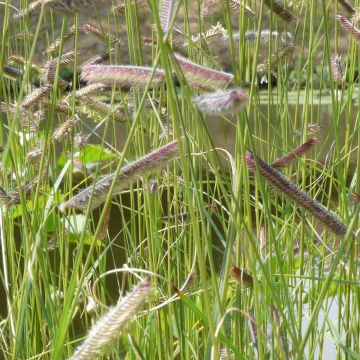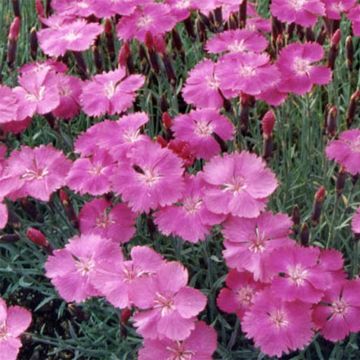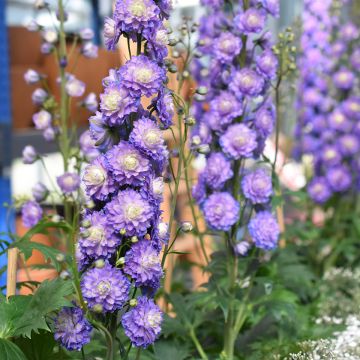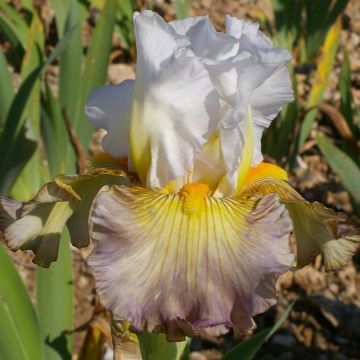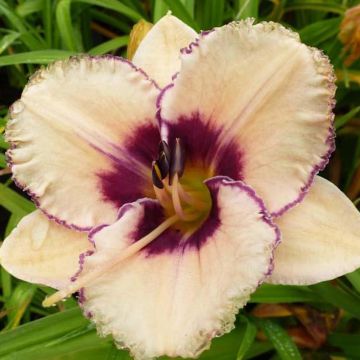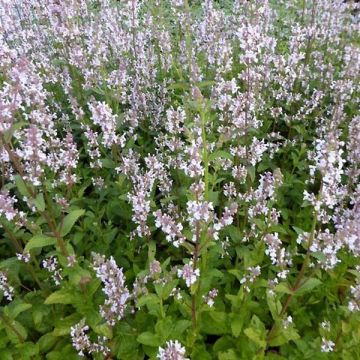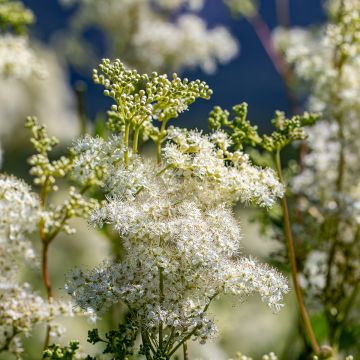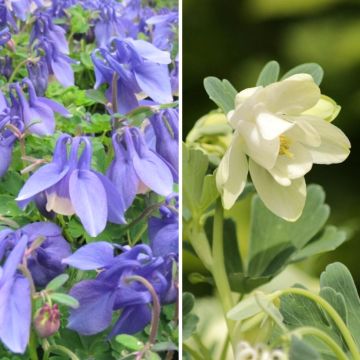Shipping country and language
Your country of residence may be:
Your country of residence is:
For a better user experience on our website, you can select:
Your shipping country:
Andorra
Austria
Belgium
Bulgaria
Canada
Chile
Croatia
Cyprus
Czechia
Denmark
Estonia
Finland
France
Germany
Greece
Hungary
Iceland
Ireland
Italy
Latvia
Lithuania
Luxembourg
Malta
Monaco
Netherlands
Poland
Portugal
Romania
Slovakia
Slovenia
Spain
Sweden
Switzerland
United Kingdom
We only deliver seed and bulb products to your country. If you add other products to your basket, they cannot be shipped.
Language:
French
German
Spanish
English
My Account
Hello
My wish lists
Plantfit
Log in / Register
Existing customer?
New customer?
Create an account to track your orders, access our customer service and, if you wish, make the most of our upcoming offers.
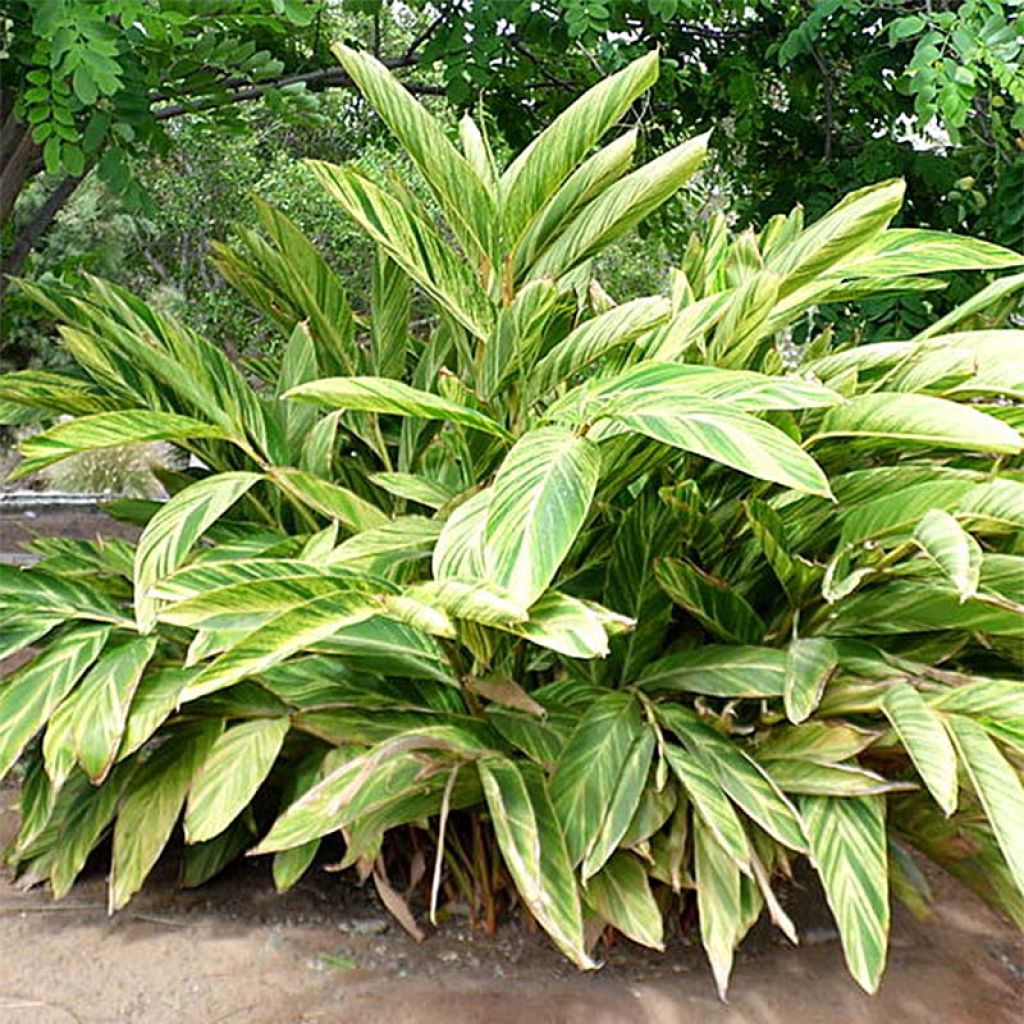

Alpinia zerumbet Variegata
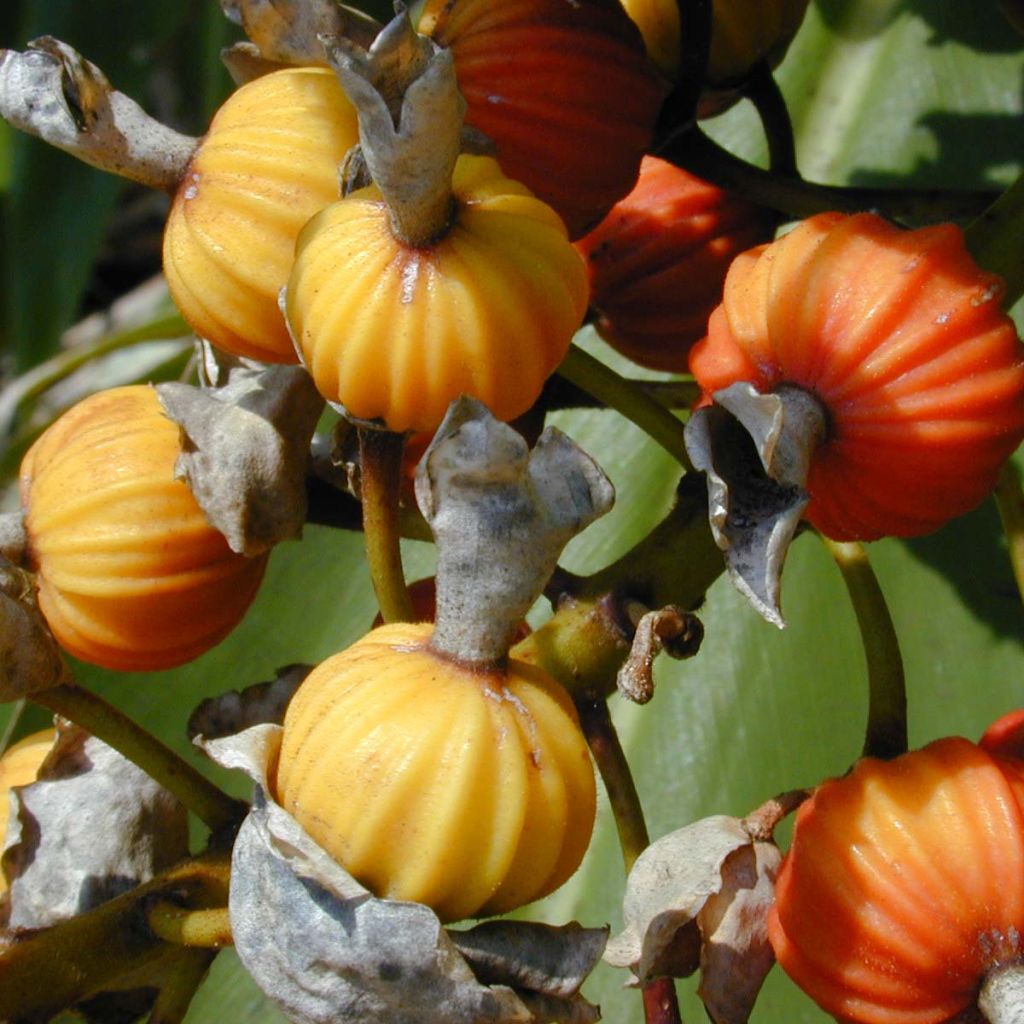

Alpinia zerumbet Variegata
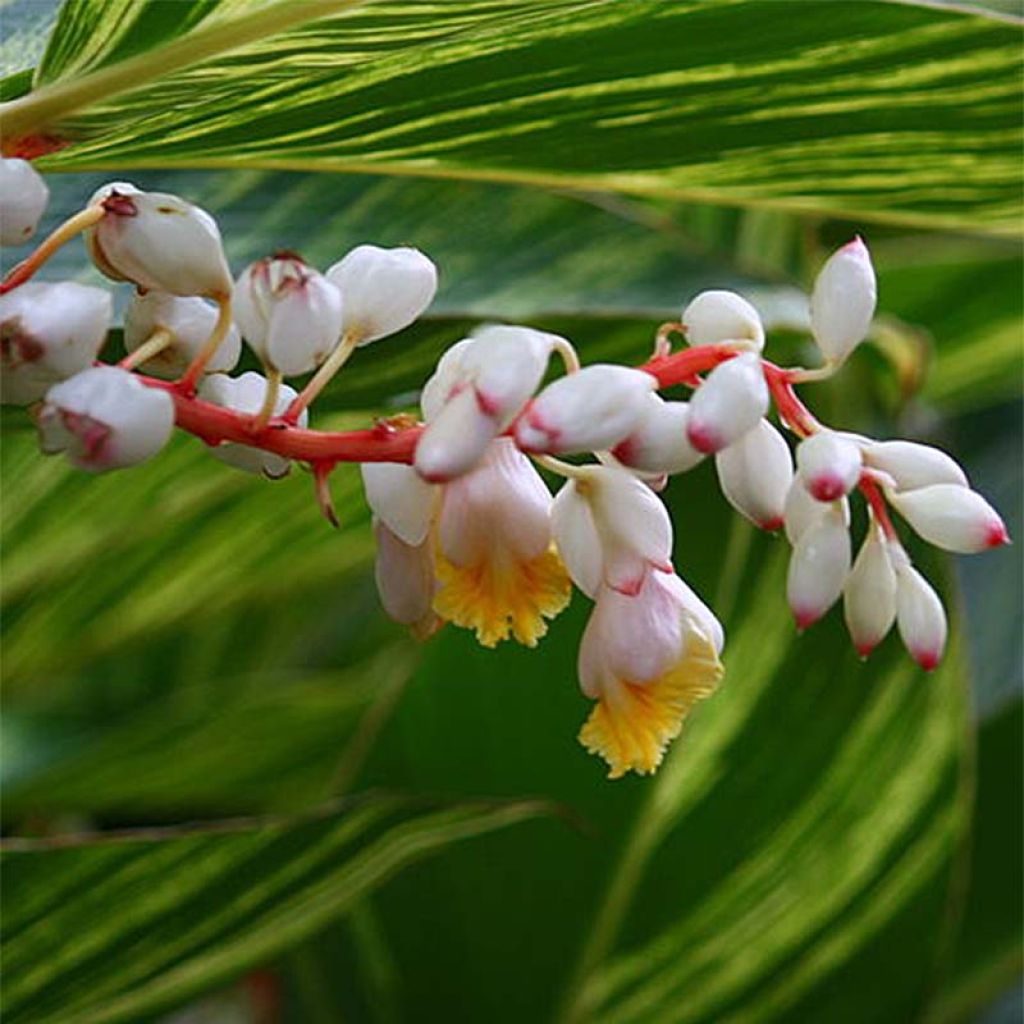

Alpinia zerumbet Variegata
View more pictures
Hide images
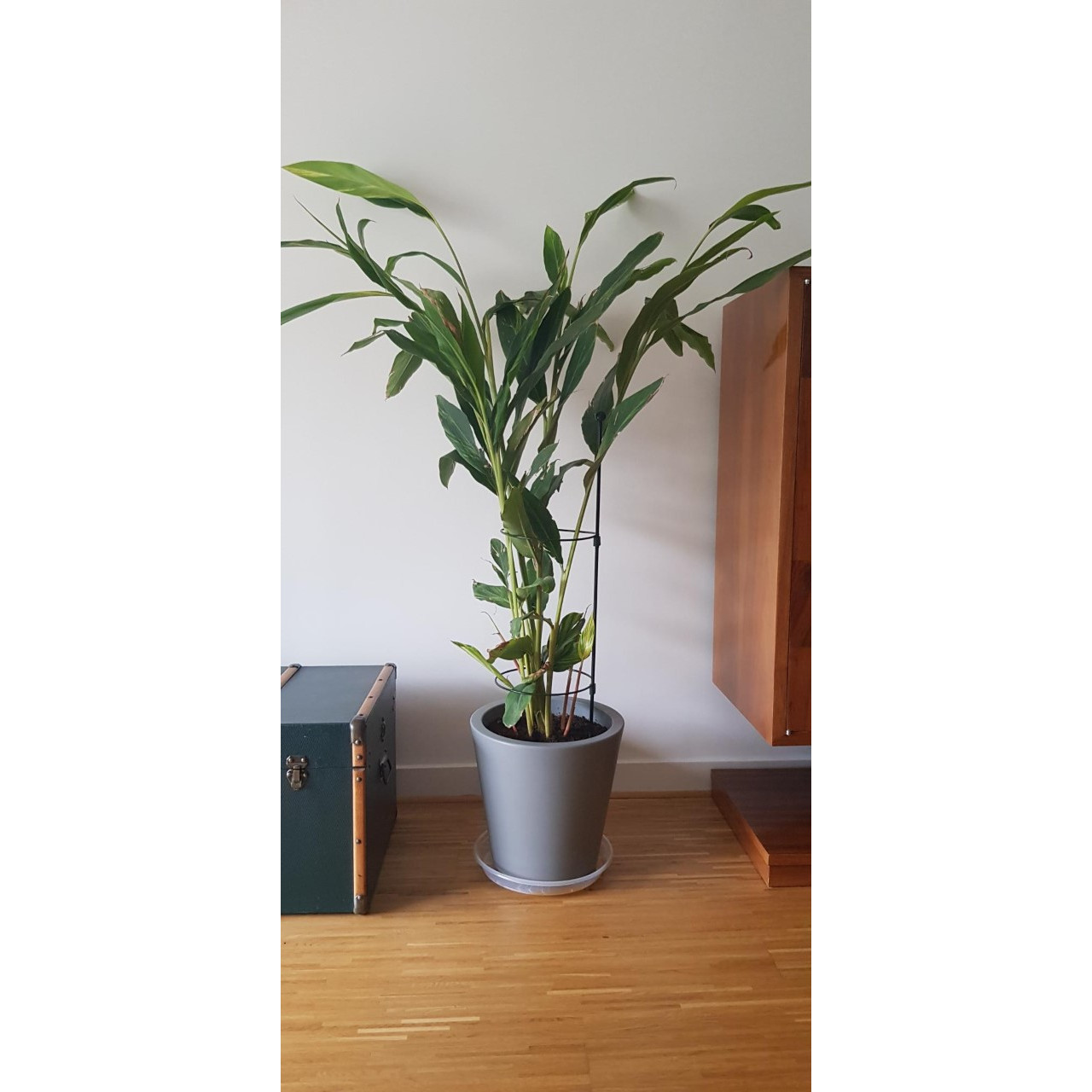
Pascal D.

Pascal D. • 94 FR
Alpinia zerumbet Variegata
Alpinia zerumbet Variegata
Shell Ginger, Light Galangal, Pink Porcelain Lily
Very beautiful young plant received, in accordance with the description.
Dimitri, 25/03/2022
Order in the next for dispatch today!
Dispatch by letter from 3,90 €.
Delivery charge from 5,90 € Oversize package delivery charge from 6,90 €.
More information
This item is not available in your country.
Shipping country:
Andorra
Austria
Belgium
Bulgaria
Canada
Chile
Croatia
Cyprus
Czechia
Denmark
Estonia
Finland
France
Germany
Greece
Hungary
Iceland
Ireland
Italy
Latvia
Lithuania
Luxembourg
Malta
Monaco
Netherlands
Poland
Portugal
Romania
Slovakia
Slovenia
Spain
Sweden
Switzerland
United Kingdom
Schedule delivery date,
and select date in basket
This plant carries a 12 months recovery warranty
More information
We guarantee the quality of our plants for a full growing cycle, and will replace at our expense any plant that fails to recover under normal climatic and planting conditions.
From 5,90 € for pickup delivery and 6,90 € for home delivery
Express home delivery from 8,90 €.

Would this plant suit my garden?
Set up your Plantfit profile →
Description
The Alpinia zerumbet 'Variegata' is a very beautiful selection of shell ginger, a highly cultivated plant in tropical and subtropical gardens for its foliage and spectacular flowers. 'Variegata' is distinguished from the type by its variegated foliage of green, yellow, and cream, which is particularly ornamental, as well as its more modest size. This perennial, which may resemble a canna, forms a clump of large, upright leaves from which occasionally emerge some stunning clusters of flowers, ranging from ivory white to barely pink, opening up to a sparkling throat of yellow and bright orange. Despite its origins and highly exotic appearance, the shell ginger is capable of surviving short freezes around -8°C, under a good protective mulch. It is easy to grow, like many gingers, in partial shade, in a cool and well-drained soil, both in the ground and in pots.
Native to Southeast Asia, more specifically to an Indo-Malayan region including northeastern India, Myanmar, and Indochina, Alpinia zerumbet (synonym Alpinia nutans, A. speciosa) is a rhizomatous perennial plant belonging to the Zingiberaceae family. Locally, the plant carries evocative names such as 'flower of my soul', 'tears of the virgin', and 'flower of paradise'. In suitable climates, it has persistent vegetation, but in climates that are subject to frost, it is an annual when grown in the ground. It generally emerges from the ground in April and disappears in autumn. At maturity, a clump of Alpinia zerumbet 'Variegata' will measure approximately 60 cm (24in) in all directions. The fleshy and underground rhizome produces each year fuzzy pseudo-stems, which are actually tightly rolled leaves, as in cannas or banana plants. The large, narrow but thick leaves form two rows. In the 'Variegata' variety, they are smaller than in the species. Their colour, very bright, is a fairly light green irregularly streaked with yellow and very pale yellow to cream-white. The dense clump expands year after year, but it flowers quite rarely, as our warm season is often insufficient to induce flowering. The drooping terminal clusters of inflorescences appear randomly from spring to autumn. They bear 20 to 30 fragrant flowers, which are ivory white to pale yellow when in bud, opening successively into white to very pale pink flowers, displaying a yellow throat speckled with orange or red. They are followed by the formation of round and striated orange fruits.
The Variegated Shell Ginger is ideal for adding a beautiful exotic and lush touch to the garden, in a not too harsh climate. Planted in partial shade, alongside Hedychium and Colocasia, the effect of being transported to another place will be guaranteed! It will also find its place in a large pot on the terrace, to be stored in cold regions. This Alpinia, which is evergreen in its native lands, is also an excellent decorative plant for a conservatory, all year round. Its fragrant flowers, when they decide to show themselves, are splendid in bouquets. Remember to plant it in a partially shaded area and in a soil that remains moist.
Properties: in the West Indies, Alpinia zerumbet is sometimes called "atoumo", a contraction of "à tous maux" (to all ills), or "guérit-tout" (heals-all). This medicinal plant is indeed widely used by local populations in traditional medicine to treat numerous ailments.
Alpinia zerumbet Variegata in pictures
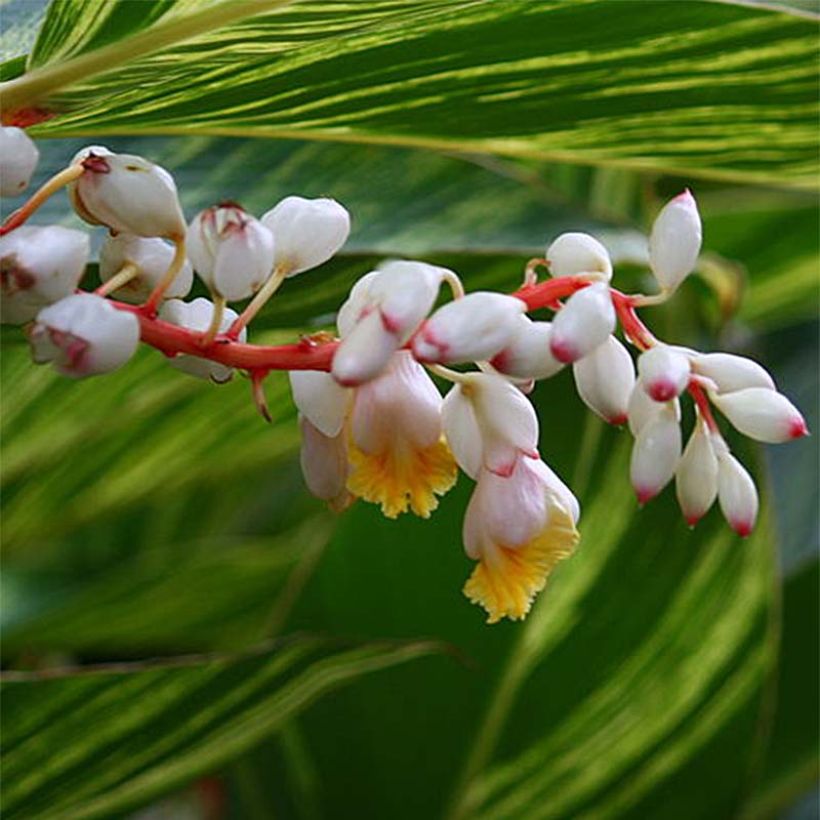

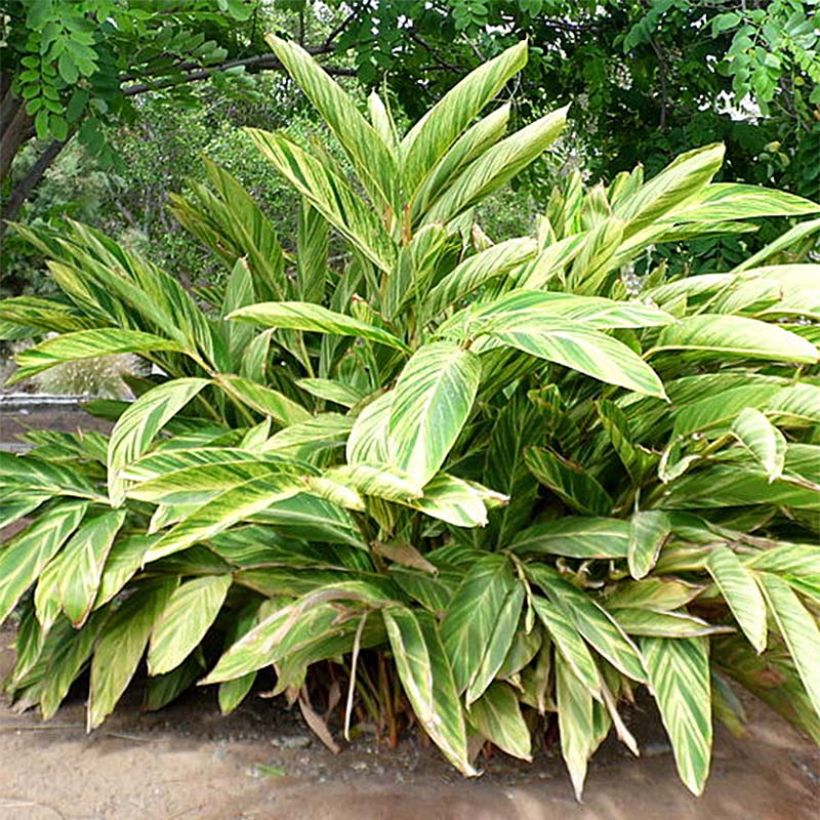

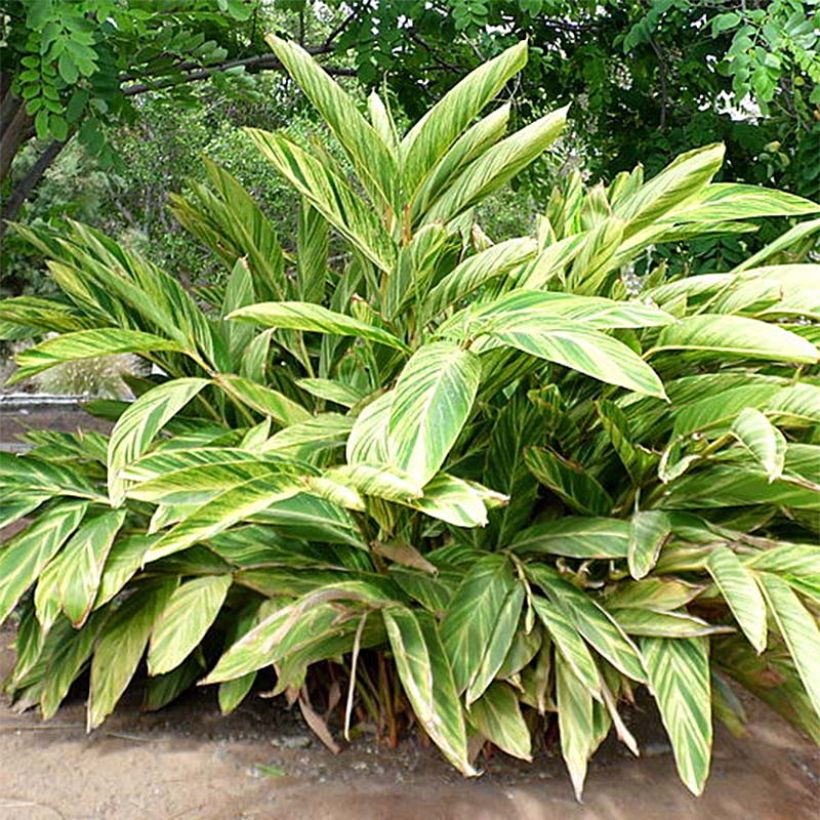

Flowering
Foliage
Plant habit
Botanical data
Alpinia
zerumbet
Variegata
Zingiberaceae
Shell Ginger, Light Galangal, Pink Porcelain Lily
Southeast Asia
Other Perennials A to Z
Planting and care
Shell Ginger is grown in open ground in our mild regions, or in pots. Plant it after the last frost, in a partially shaded or possibly shaded area in hot climates, but always bright and sheltered from the wind. It needs well-worked soil, free from any small stones or pebbles, lightened with leaf compost, remaining moist but well-drained to prevent the rhizome from rotting in waterlogged soil in winter. It is not demanding on soil type but it is preferable to avoid limestone soils. The rhizome cannot tolerate dry soil. Mulching in summer helps to effectively retain soil moisture. You can plant your rhizomes in pots, where they will need to be regularly watered but not excessively throughout the growing season. Apply a bit of liquid fertiliser every fifteen days, from June to September. Growing in a veranda is an excellent alternative in cold regions. Apply compost or well-rotted manure every year in spring. Take care to protect the plant from slugs and snails that are fond of young shoots and flower buds. This plant has no other enemies.
Multiplication: dividing the stumps is done in spring, by taking a portion of rhizome with a dormant bud (an eye).
Planting period
Intended location
Care
- , onOrder confirmed
Reply from on Promesse de fleurs
Haven't found what you were looking for?
Hardiness is the lowest winter temperature a plant can endure without suffering serious damage or even dying. However, hardiness is affected by location (a sheltered area, such as a patio), protection (winter cover) and soil type (hardiness is improved by well-drained soil).

Photo Sharing Terms & Conditions
In order to encourage gardeners to interact and share their experiences, Promesse de fleurs offers various media enabling content to be uploaded onto its Site - in particular via the ‘Photo sharing’ module.
The User agrees to refrain from:
- Posting any content that is illegal, prejudicial, insulting, racist, inciteful to hatred, revisionist, contrary to public decency, that infringes on privacy or on the privacy rights of third parties, in particular the publicity rights of persons and goods, intellectual property rights, or the right to privacy.
- Submitting content on behalf of a third party;
- Impersonate the identity of a third party and/or publish any personal information about a third party;
In general, the User undertakes to refrain from any unethical behaviour.
All Content (in particular text, comments, files, images, photos, videos, creative works, etc.), which may be subject to property or intellectual property rights, image or other private rights, shall remain the property of the User, subject to the limited rights granted by the terms of the licence granted by Promesse de fleurs as stated below. Users are at liberty to publish or not to publish such Content on the Site, notably via the ‘Photo Sharing’ facility, and accept that this Content shall be made public and freely accessible, notably on the Internet.
Users further acknowledge, undertake to have ,and guarantee that they hold all necessary rights and permissions to publish such material on the Site, in particular with regard to the legislation in force pertaining to any privacy, property, intellectual property, image, or contractual rights, or rights of any other nature. By publishing such Content on the Site, Users acknowledge accepting full liability as publishers of the Content within the meaning of the law, and grant Promesse de fleurs, free of charge, an inclusive, worldwide licence for the said Content for the entire duration of its publication, including all reproduction, representation, up/downloading, displaying, performing, transmission, and storage rights.
Users also grant permission for their name to be linked to the Content and accept that this link may not always be made available.
By engaging in posting material, Users consent to their Content becoming automatically accessible on the Internet, in particular on other sites and/or blogs and/or web pages of the Promesse de fleurs site, including in particular social pages and the Promesse de fleurs catalogue.
Users may secure the removal of entrusted content free of charge by issuing a simple request via our contact form.
The flowering period indicated on our website applies to countries and regions located in USDA zone 8 (France, the United Kingdom, Ireland, the Netherlands, etc.)
It will vary according to where you live:
- In zones 9 to 10 (Italy, Spain, Greece, etc.), flowering will occur about 2 to 4 weeks earlier.
- In zones 6 to 7 (Germany, Poland, Slovenia, and lower mountainous regions), flowering will be delayed by 2 to 3 weeks.
- In zone 5 (Central Europe, Scandinavia), blooming will be delayed by 3 to 5 weeks.
In temperate climates, pruning of spring-flowering shrubs (forsythia, spireas, etc.) should be done just after flowering.
Pruning of summer-flowering shrubs (Indian Lilac, Perovskia, etc.) can be done in winter or spring.
In cold regions as well as with frost-sensitive plants, avoid pruning too early when severe frosts may still occur.
The planting period indicated on our website applies to countries and regions located in USDA zone 8 (France, United Kingdom, Ireland, Netherlands).
It will vary according to where you live:
- In Mediterranean zones (Marseille, Madrid, Milan, etc.), autumn and winter are the best planting periods.
- In continental zones (Strasbourg, Munich, Vienna, etc.), delay planting by 2 to 3 weeks in spring and bring it forward by 2 to 4 weeks in autumn.
- In mountainous regions (the Alps, Pyrenees, Carpathians, etc.), it is best to plant in late spring (May-June) or late summer (August-September).
The harvesting period indicated on our website applies to countries and regions in USDA zone 8 (France, England, Ireland, the Netherlands).
In colder areas (Scandinavia, Poland, Austria...) fruit and vegetable harvests are likely to be delayed by 3-4 weeks.
In warmer areas (Italy, Spain, Greece, etc.), harvesting will probably take place earlier, depending on weather conditions.
The sowing periods indicated on our website apply to countries and regions within USDA Zone 8 (France, UK, Ireland, Netherlands).
In colder areas (Scandinavia, Poland, Austria...), delay any outdoor sowing by 3-4 weeks, or sow under glass.
In warmer climes (Italy, Spain, Greece, etc.), bring outdoor sowing forward by a few weeks.
